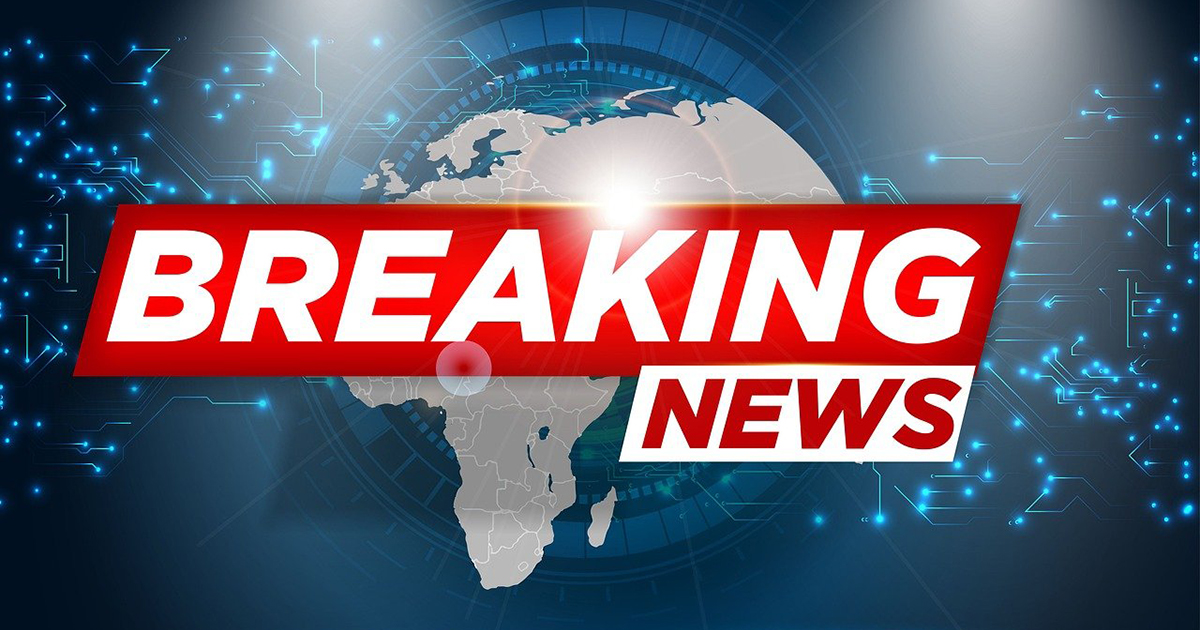Inside Pakistan's controversial ban on X: A broken system or strategic censorship?
JournalismPakistan.com | Published: 17 September 2024 | A JP Special Report
Join our WhatsApp channel
The ban on X in Pakistan has sparked debates about free speech and government censorship. Legal battles are ongoing as the Sindh High Court examines the implications of this restriction.Summary
ISLAMABAD—Since February, Pakistan’s digital landscape has faced unprecedented limitations with the continued ban on X (formerly Twitter). Initially sparked by a viral video of a Rawalpindi elections officer, Liaqat Ali Chattha, boasting about altering election results, the platform has remained inaccessible (without the VPN), raising questions about free speech, transparency, and the government's motives.
Pakistan enforced the ban citing concerns of national security and social unrest. While this might seem like an authoritarian measure aimed at curbing dissent, the reality is far more complex—and hypocritical.
On one hand, many Pakistanis continue to access X through VPNs, undeterred by the official ban. On the other hand, the government itself—ironically—remains very active on the platform. Senior politicians, including the prime minister and his ministers, use X to broadcast their views, making the ban seem like an exercise in selective censorship.
The Sindh High Court (SHC) is now handling the fallout of this controversial ban, and the Pakistan Telecommunication Authority (PTA) has found itself in hot water. What was once a straightforward case of censorship is now mired in conflicting statements and legal uncertainty.
During a recent court hearing, the PTA's shifting stance on the ban angered SHC Chief Justice, who hinted at possible contempt of court proceedings against the PTA Chairman. This follows a PTA lawyer's earlier assurance to the court that the ban had been lifted, only for a government lawyer to contradict this claim, citing a "misunderstanding." The PTA's indecision has led to widespread frustration not only in court but also among Pakistan's online communities, who rely on platforms like X for real-time news, discussions, and free expression.
At the heart of the matter lies Article 19 of the Pakistani Constitution, which guarantees freedom of speech, subject to reasonable restrictions. This ongoing ban, however, pushes the boundaries of what is considered "reasonable." While the PTA argues that the platform poses a threat due to certain viral content, others believe the ban is an overreach of government control. Social media platforms like X have long served as a space for dissent, debate, and diverse opinions, making their suspension a direct hit to the democratic fabric of the country.
The silence of the Deputy Attorney General during recent proceedings only added to the confusion, leaving many to question the transparency and accountability of those in power. Was the PTA's conflicting statement a simple mistake, or does it indicate deeper issues within the government's approach to digital media regulation?
While the government lawyer claims no formal instructions were issued to lift the ban, critics argue that the state's attempts to silence platforms like X reflect a broader trend of media suppression in Pakistan. In recent years, the country has seen increased crackdowns on independent journalism, and social media bans have become a tool for controlling narratives. The lingering ban on X is a stark reminder of how quickly access to information can be restricted, and how difficult it is to reverse such decisions once they are made.
It's worth noting that this isn't the only legal battle over the suspension of X. A petition filed in the Islamabad High Court highlights how the ban directly violates Article 19. The petitioner points out the fundamental right to free speech, arguing that platforms like X play an essential role in holding authorities accountable.
As the courts continue to grapple with the PTA's confusing stances and government lawyers provide conflicting testimonies, one thing is clear: the battle for free speech is far from over. With the next hearing adjourned to September 24, all eyes are on the SHC to deliver a verdict that could set a critical precedent for Pakistan's digital future.
The bigger picture
Banning social media platforms in the digital age is a dangerous precedent. While authorities argue the need to control harmful content, overzealous censorship risks silencing dissent and closing off a vital platform for public debate. The PTA's mismanagement of the X ban exposes not just the fragility of Pakistan’s media freedoms but also the underlying tension between state control and civil liberties.
Will the Sindh High Court's intervention finally bring clarity, or is this just the beginning of more confusion and state overreach? Only time will tell, but one thing is certain: the longer this ban drags on, the greater the implications for freedom of speech in Pakistan.
As the country waits for the next chapter in this legal drama, Pakistanis remain caught in a digital limbo. For a nation that thrives on dialogue, the ongoing ban on X is more than a restriction—it's a direct challenge to the values of transparency, accountability, and the free flow of information.
KEY POINTS:
- Ongoing ban on X raises questions about free speech
- Government claims national security concerns for the ban
- Legal conflicts arise over PTA's contradictory statements
- Petitions highlight violations of Article 19 of the Constitution
- Impact on public debate and accountability is significant

























